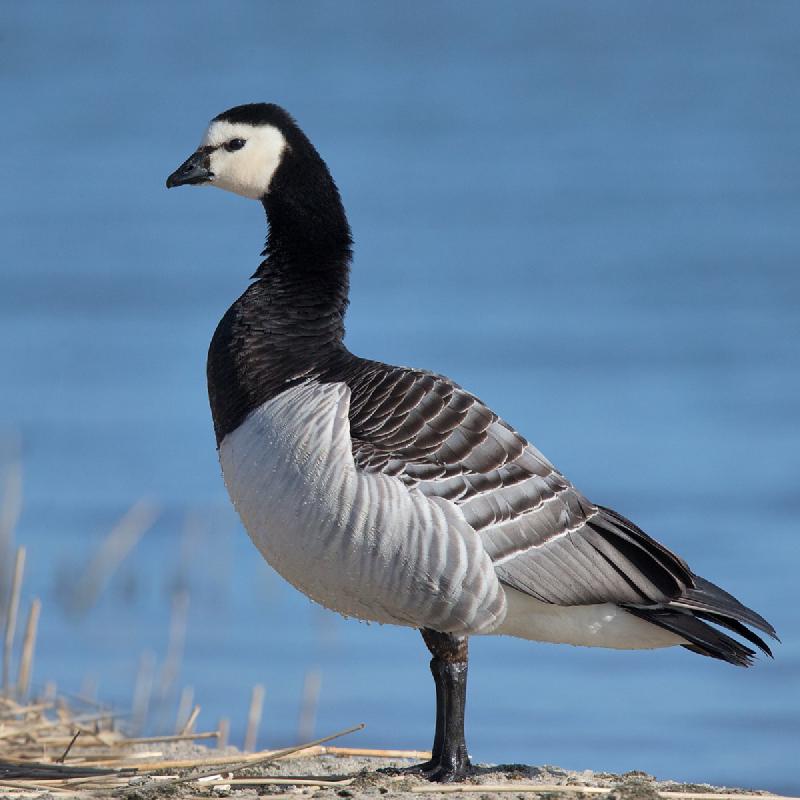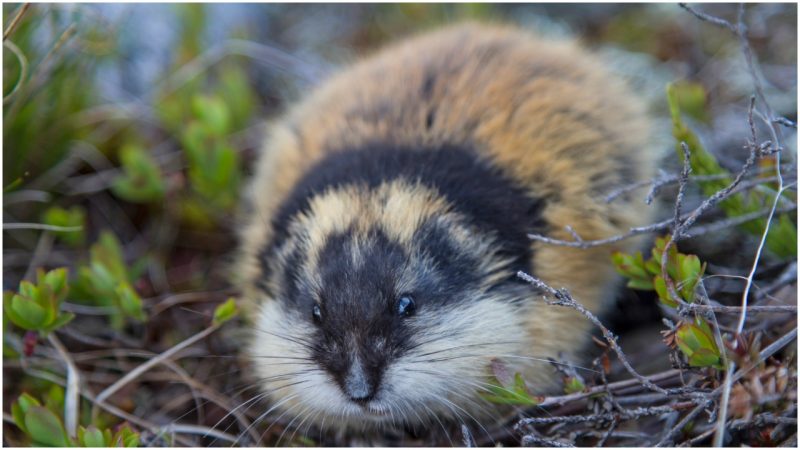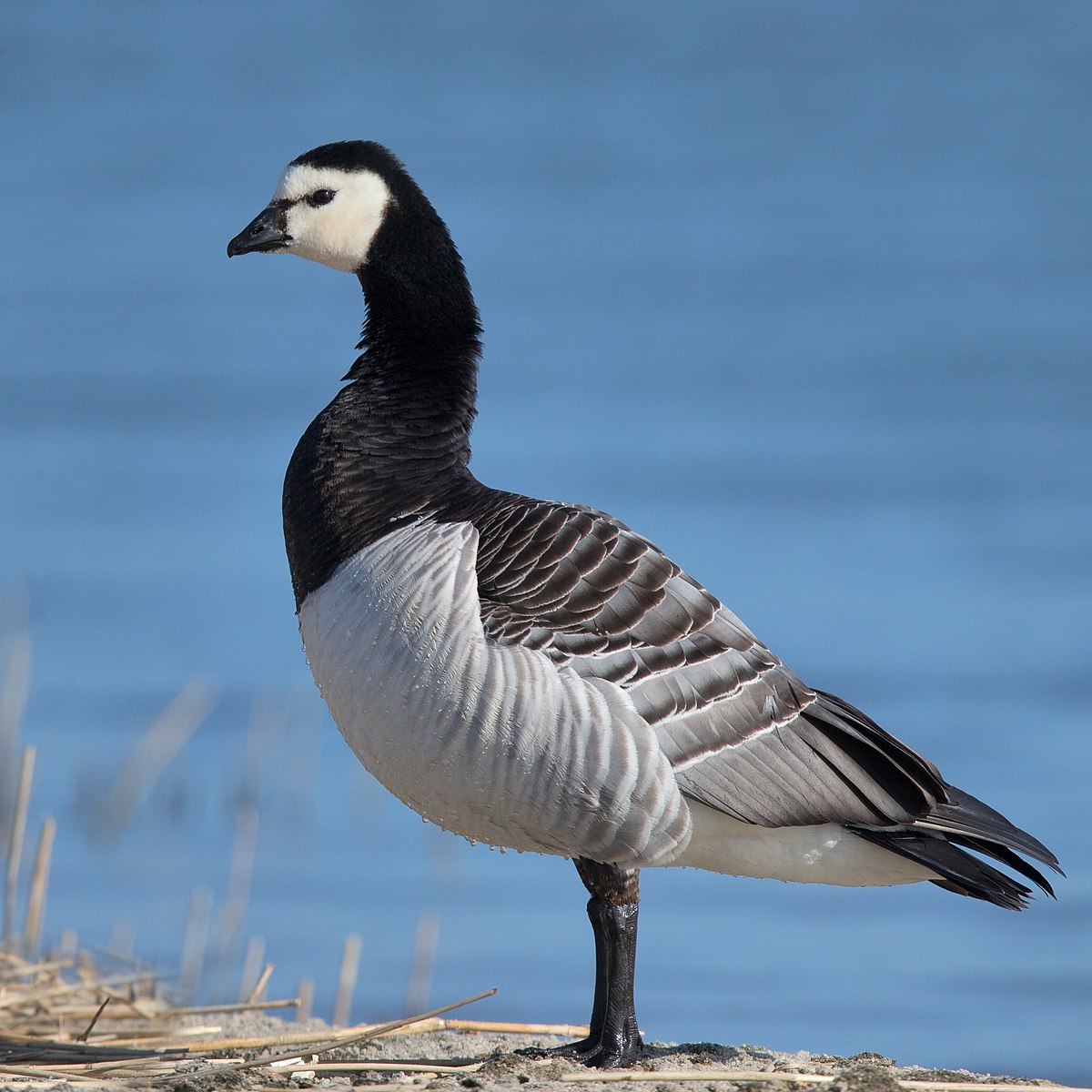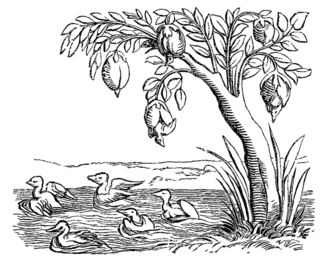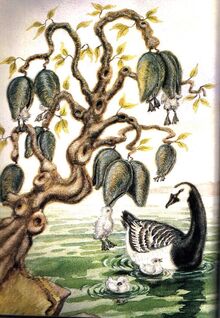Hello and welcome to your Frequent Fun Fact From Flora
I have been galivanting around the Natural History Museum (the Oxford one) this week (even though it’s still closed to the public — just biology tings) and have found out some glorious and hilarious things about their collections.
We have a lot of basic science knowledge — all of us — even if ya don’t THINK ya do. Ya really do. Or at least better than these guys.
I"m gonna run you past a couple of my favourite GROUND BREAKING scientific discoveries.
Lemmings are actually rodents and don’t just appear out of thin air1 —
This was figured out by a guy called Ole Worm (I know) and it was originally because in Norway, lemmings would suddenly appear in huge numbers every few years. Their populations would then totally crash and no one would see them for another couple of years before they came back again in droves.
So in the 1530s, a geography called Zeigler of Strasbourg proposed that they fell out of the sky during stormy weather and died suddenly when grass grew in spring.
Ole Worm originally accepted the idea that they fell out of the sky but he said it’s
obviously
because they’re being brought over by the
wind
instead of spontaneously creation.

He then decided to actually dissect one and realised that it looked pretty similar to most other rodents.
Mystery solved.
Thanks Worm.
sprout geese2 — Barnacles grow on trees and also
This one is my favourite. Have you ever heard of barnacle geese ? They look like this.
Ever wondered why they are called barnacle geese? Well, people used to think that barnacles grew on trees that then sprouted baby geese.
John Gerard, an English botanist, backed it as a concept and in his Generall Historie of Plantes , published in 1597, in which he wrote that mussel-shaped shells would grow until they split open, revealing “the legs of the Bird hanging out…til at length it is all come forth.”
The bird would hang by its bill until it was fully matured THEN it would drop into the sea “ where it gathereth feathers, and groweth to a foule, bigger than a Mallard, and lesser than a Goose.”
BUT if the goose hits land, apparently, it will perish.
I"m not sure who exactly debunked this one, but it shouldn’t have been too tricky to do.
Hope you enjoyed this foray into (not) science.
Love Flora xxx
